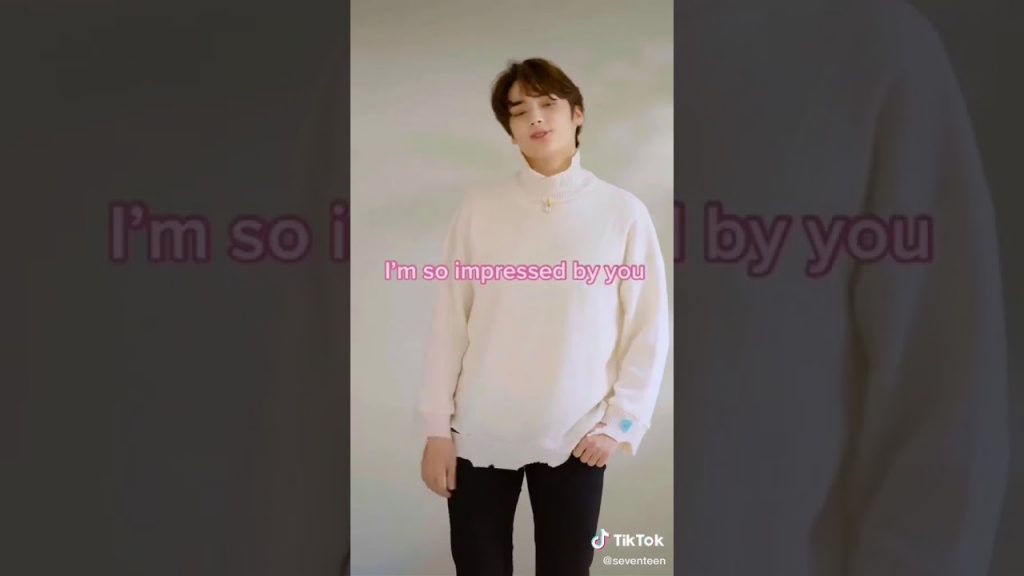An insight as obvious as Collins Dictionary’s word of the year being ‘lockdown’: 2020 was a struggle. It was the year we took to Google in droves to ask ‘what does unprecedented mean?’ and awkwardly flung the word into emails like never before.

Our analysis found that levels of anger, sadness, fear and dread on UK Twitter increased to 57% above average in posts referencing ‘2020’ whilst happiness dropped by 55%. UK searches about getting through depression were up 500%; even ‘depression in dogs’ rose by 350%. We are living through a time of continued, staggering racial injustice, increasing financial insecurity, worsening mental health and a life-changing pandemic; if brands are going to drive positivity and look after their customers in 2021, they need to do so in a way that is genuine, action-based, committed- and consistent.
2020 has helped us realise that blueness isn’t seasonal- and never has been
Brands post competition and promotion content on Blue Monday at volumes over double the daily average. Yet our research found that people have never been completely sure when Blue Monday actually is. In 2020, people continually questioned when the date landed, particularly during the winter. ‘Blueness’ isn’t seasonal- and it never has been; people look for information and support about depression all year round.
According to UK Google searches from 2012-2020, the week of Blue Monday is on average the 16th most ‘depressing’ week of the year. Mid-October, which coincides with the leadup to the clocks going back, saw the most searches, with other peaks in November, December and February. But 2020 has encouraged us to be more vocal about our wellbeing, with a 31% increase in posts about mental health. People have sought content to raise their mood, with Pinterest searches for ‘positivity’ increasing by 64% and ‘mental health check’ quintupling. As lockdown began, UK Google searches for ‘happy news’ were the highest they’d been in 5 years.
What got us through 2020?
- We sought autonomy and agency over our own happiness. UK Google searches for ‘gratitude affirmations’ increased by 500%, whilst TikTok videos tagged #manifestation and #positiveaffirmations amassed over 6.5B global views
- We celebrated the domestic; focussing on internal inspiration we replaced aspirational holiday content with a home focus. ‘DIY garden ideas’ and ‘how to make bread’ were amongst the most Google’d terms of 2020 in the UK
- We tried new things in the kitchen. Deliveroo saw plant-based orders spike by 115%, whilst Mintel reported that 12% of British people claimed the pandemic made a vegan diet more attractive
- We rethought our day to day; not only have we learnt to cook our favourite restaurants’ food at home, (namely KFC, Wagamama katsu curry and Ikea meatballs), we’ve even found replacements for the commute. According to the Waitrose Food & Drink report, 74% of British people working from home found that cooking provided a boundary between work and home life.
- We sought connection; no one needs to hear any more about Zoom, but
BT reported a 90% rise in calls over five minutes between March and February, whilst pages dedicated to learning about tech were amongst the most visited on age-care websites.
- We focused on empathy, with a 25% uplift in UK social media posts mentioning the word. We also researched volunteering and advice on helping friends with depression at an increase of over 4,000%.
So, where does that leave brands and Blue Monday?
Even before the pandemic hit, trust in Blue Monday was waning. In 2020, digital content about the day dropped by 28% – the first decrease in years- whilst cynicism grew. Blue Monday is frequently referred to alongside ‘invention’, ‘PR stunt’, ‘myth’, ‘opportunistic’ and ‘excuse to sell.’
Neither brands nor the term ‘blueness’ can even begin to do 2020 justice. Therefore, it’s essential that brands avoid appearing to be turning blueness or mental health into a novelty, treating it as something that is seasonal, or something that trends. In times of crisis, brands can offer familiarity and inspiration by listening to consumers all year round, understanding where they’re finding happiness and meeting them there. When surveyed by Kantar, 78% of people felt brands should help them during this crisis, whilst 74% stated that companies should not exploit the situation. More so than ever, it’s not enough to acknowledge a problem. Demonstrable action and commitment is essential all year round.
By Wunderman Thompson’s Robyn D’Arcy


You must be logged in to post a comment Login